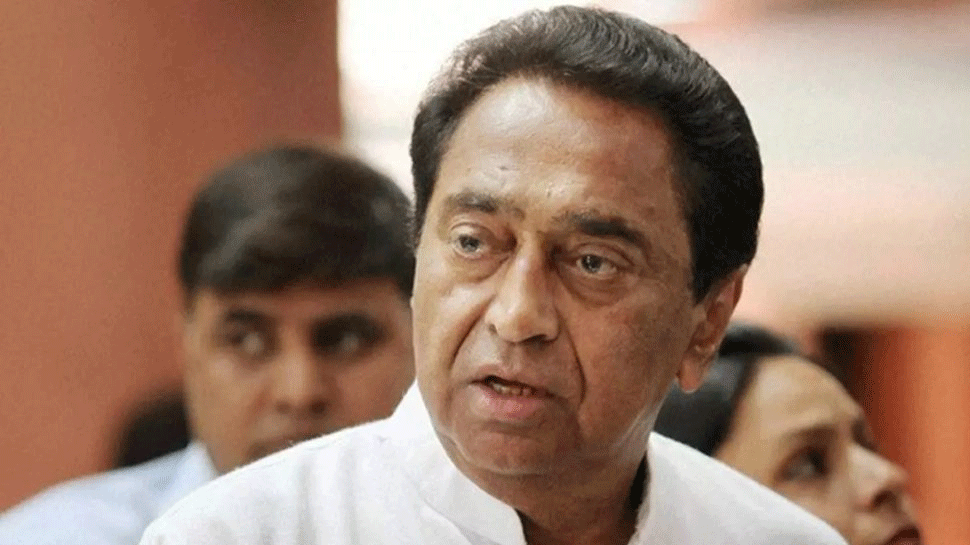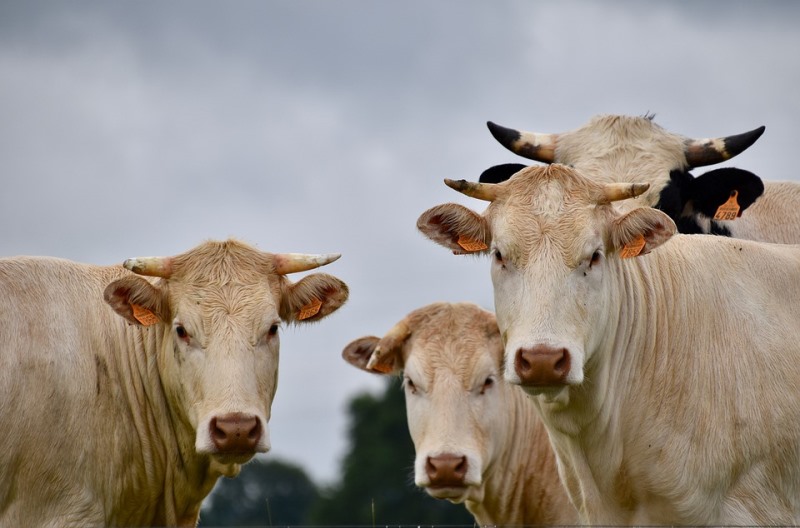India is a nation where cows are venerated by a large section of the population and the dominant religion gives it a sacred and holy status. The heightened sense of protection and religious value attached to the cow as a holy animal has also brought about the increase in the cases of violence against those who are accused of stealing/ hurting or slaughtering cows. Thus cow vigilante violence can be understood as involving mob attacks in the name of protecting cows. The number of attacks under the banner of cow vigilantism has multiplied continuously since 2014. While cattle slaughter is banned in most of the states of India, the emergence of groups claiming to protect cows from slaughter by the minorities has led to sustained deaths and violence in the society.
It is in this context that the decision of the Congress ruled state of Madhya Pradesh in relation to cow vigilantism becomes a case in point.

The Congress ruled Madhya Pradesh government is soon to become the first Indian state to have strong legislation against cow vigilantism. The government proposes to have the Anti- cow slaughter Act amended and make those indulging in violence or those caught for violating the law or damaging property a punishable offence.
According to a report published in The Indian Express, the punishment for this offence could be three years for the first offence and five years for subsequent offences. It is likely that the amendment gets cleared by the Cabinet today.
The current mechanism of dealing with such offences is through the IPC and the CrPC sections.
It is also to be recalled that the Supreme Court had made a stamen that such ‘horrendous acts of mobocracy’ should not be allowed to overrun the law of the nation and there was an urgent need to consider enacting a new law to deal with the growing cases of atrocity.
In 2018, the Supreme Court had also said that there was a need for the Centre to issue a strict set of guidelines to provide ‘preventive, remedial and punitive measures’ in order to punish the offenders.














